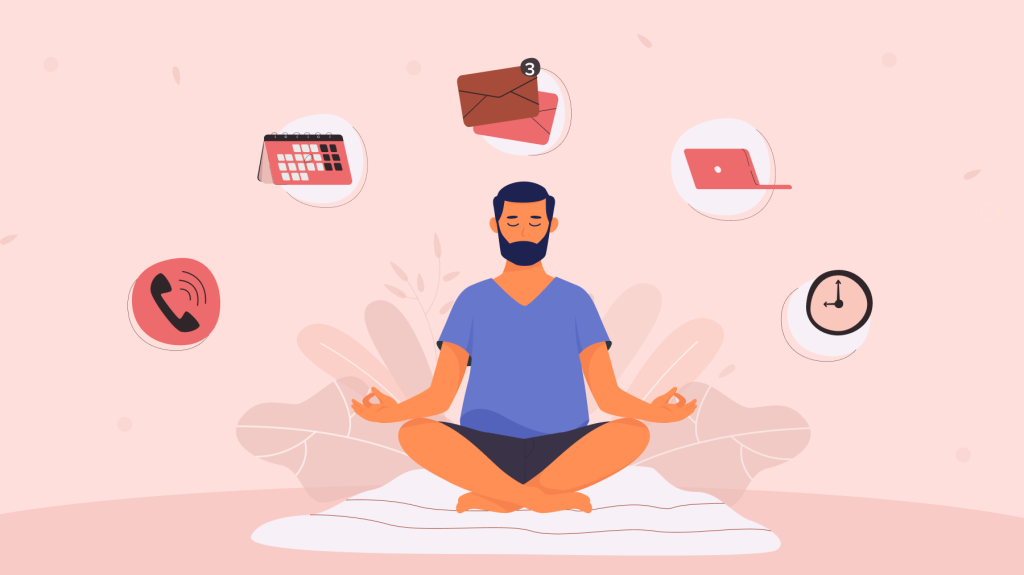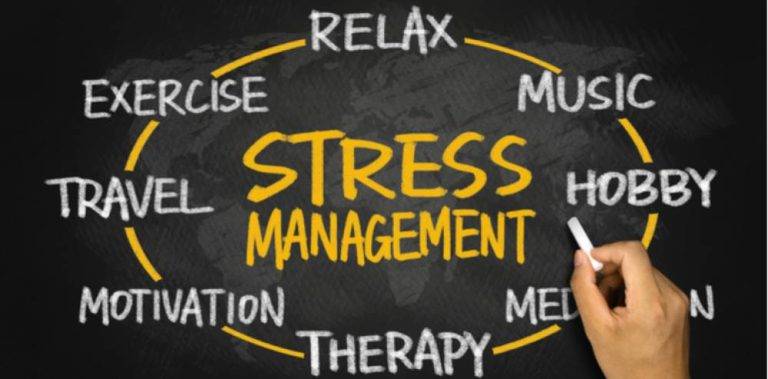In today’s fast-paced world, stress has become an almost inevitable part of our lives. From meeting work deadlines to juggling family responsibilities, the sources of stress are numerous and varied. However, understanding and implementing effective stress relief strategies can significantly improve your quality of life. This article explores various methods of stress relief, providing a comprehensive guide to finding your inner peace and maintaining mental well-being.
Understanding Stress
What Is Stress?
Stress is the body’s natural response to challenges or demands. It can be triggered by both positive and negative experiences. While a certain level of stress can be motivating and beneficial, chronic stress can have detrimental effects on your health, leading to anxiety, depression, and other serious conditions.
The Science Behind Stress
When faced with a stressful situation, the body releases hormones such as adrenaline and cortisol. These hormones prepare you for a ‘fight or flight’ response. While this response is essential in dangerous situations, prolonged exposure to stress hormones can disrupt nearly all your body’s processes, increasing the risk of numerous health problems.
Effective Stress Relief Techniques
Physical Activities
Exercise Regularly
Engaging in regular physical activity is one of the most effective ways to combat stress. Exercise helps release endorphins, which are natural mood lifters.
- Cardio exercises: Running, cycling, or swimming can significantly reduce stress levels.
- Strength training: Lifting weights or engaging in body-weight exercises can improve your physical health and mental well-being.
- Yoga and Pilates: These practices combine physical postures with breathing techniques, promoting relaxation and stress relief.
Mindfulness and Meditation

Practicing Mindfulness
Mindfulness involves paying full attention to the present moment without judgment. It helps you become more aware of your thoughts and feelings, reducing the impact of stress.
- Breathing exercises: Simple breathing exercises can calm your mind and reduce stress. Try deep breathing, where you inhale slowly through your nose, hold your breath for a few seconds, and exhale slowly through your mouth.
- Body scan meditation: This practice involves focusing on different parts of your body, starting from your toes and moving upwards, to release tension and stress.
- Learn more http://www.verywellmind.com
Lifestyle Changes
Healthy Eating Habits

Your diet can significantly influence your stress levels. Consuming a balanced diet with plenty of fruits, vegetables, lean proteins, and whole grains can enhance your overall health and resilience to stress.
- Reduce caffeine and sugar intake: Excessive consumption of these substances can increase stress levels.
- Stay hydrated: Dehydration can exacerbate feelings of stress, so make sure to drink enough water throughout the day.
Adequate Sleep
Lack of sleep can make it difficult to cope with stress. Aim for 7-9 hours of quality sleep each night to help your body and mind recover from the day’s challenges.
Social Connections
Building Strong Relationships
Strong social connections can provide emotional support and reduce stress. Spend time with family and friends, and don’t hesitate to seek help when needed.
- Join social groups: Participate in clubs, volunteer organizations, or community activities to build a supportive network.
- Communicate openly: Sharing your feelings and concerns with trusted individuals can alleviate stress and provide new perspectives on your problems.
Creative Outlets
Engage in Hobbies
Pursuing hobbies and creative activities can be a great way to relieve stress. Whether it’s painting, writing, gardening, or playing a musical instrument, engaging in activities you enjoy can provide a much-needed break from stressors.
Stress Relief in the Workplace

Time Management
Effective time management can significantly reduce work-related stress. Prioritize tasks, set realistic deadlines, and delegate responsibilities when possible.
Tips for Better Time Management
- Make a to-do list: Organize your tasks by priority and tackle them one by one.
- Avoid multitasking: Focus on completing one task at a time to reduce errors and stress.
- Take regular breaks: Short breaks throughout the day can help you recharge and maintain productivity.
Creating a Positive Work Environment
A positive and supportive work environment can help reduce stress levels.
- Ergonomic workspace: Ensure your workspace is comfortable and conducive to productivity.
- Open communication: Foster an environment where employees feel comfortable discussing their concerns and seeking support.
FAQs About Stress Relief
What Are the Signs of Chronic Stress?
Chronic stress can manifest in various ways, including:
- Physical symptoms: Headaches, muscle tension, fatigue, and digestive issues.
- Emotional symptoms: Anxiety, irritability, depression, and mood swings.
- Behavioral symptoms: Changes in appetite, sleep disturbances, and withdrawal from social activities.
How Can I Prevent Stress from Affecting My Health?
To prevent stress from negatively impacting your health, consider the following strategies:
- Practice relaxation techniques: Engage in activities that promote relaxation, such as meditation, yoga, or deep breathing exercises.
- Maintain a healthy lifestyle: Eat a balanced diet, exercise regularly, and get enough sleep.
- Seek support: Talk to friends, family, or a mental health professional if you’re feeling overwhelmed.
Can Stress Relief Techniques Be Personalized?
Yes, stress relief techniques can and should be personalized to suit individual preferences and lifestyles. Experiment with different methods to find what works best for you.
Conclusion
Managing stress effectively is crucial for maintaining overall health and well-being. By incorporating physical activities, mindfulness practices, healthy lifestyle changes, and strong social connections, you can significantly reduce your stress levels and improve your quality of life. Remember, it’s essential to find the stress relief techniques that work best for you and make them a regular part of your routine. With consistent effort, you can achieve a more balanced, serene, and fulfilling life.


